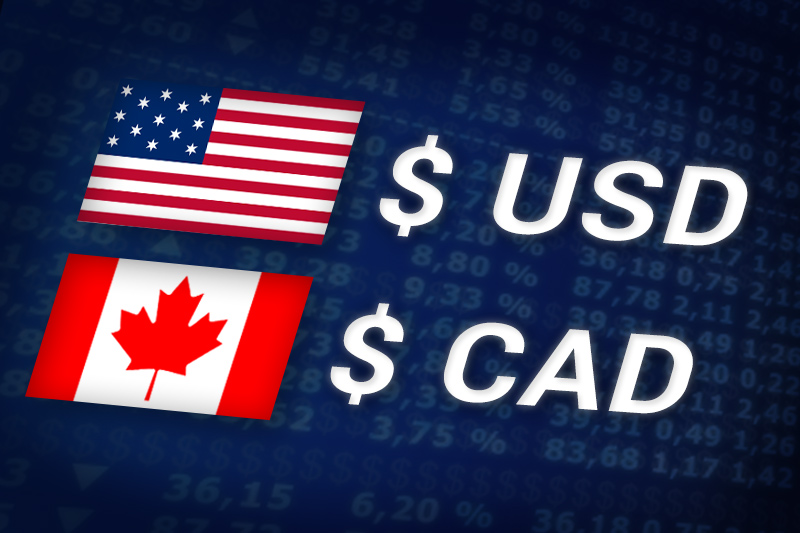Investing.com - The U.S. dollar was trading within striking distance of a four-month trough against its Canadian counterpart on Monday, as expectations that Europe would rubber stamp a new bailout for Greece boosted demand for higher-yielding assets.
USD/CAD hit 0.9907 during European afternoon trade, the pair’s lowest since October 31; the pair subsequently consolidated at 0.9940, shedding 0.31%.
The pair was likely to find support at 0.9906, the session low and resistance at 1.0002, the high of February 15.
Market sentiment was bolstered as euro zone finance ministers gathered in Brussels amid expectations that they would sign off on a second bailout worth EUR130 billion and a linked debt restructuring deal for Greece.
Speaking ahead of the meeting, Greek Finance Minister Evangelos Venizelos said “We expect the long period of uncertainty, that benefitted neither the Greek economy nor the euro zone overall, to end today”.
Risk appetite also found support after the People’s Bank of China announced over the weekend that it was to cut the reserve requirement ratios of major commercial lenders in an attempt to boost liquidity and spur growth in the world’s second largest economy.
The broadly weaker greenback also sent oil prices higher, with crude oil for delivery in April surging 1.75% on the New York Mercantile Exchange, to trade at USD105.42 a barrel.
Raw materials, including oil account for about half of Canada’s export revenue.
The loonie, as the Canadian dollar is also known, was down against the euro, with EUR/CAD gaining 0.53% to hit 1.3170.
Trade volumes were expected to remain light throughout the day, with markets in the U.S. closed for the Presidents Day holiday.
USD/CAD hit 0.9907 during European afternoon trade, the pair’s lowest since October 31; the pair subsequently consolidated at 0.9940, shedding 0.31%.
The pair was likely to find support at 0.9906, the session low and resistance at 1.0002, the high of February 15.
Market sentiment was bolstered as euro zone finance ministers gathered in Brussels amid expectations that they would sign off on a second bailout worth EUR130 billion and a linked debt restructuring deal for Greece.
Speaking ahead of the meeting, Greek Finance Minister Evangelos Venizelos said “We expect the long period of uncertainty, that benefitted neither the Greek economy nor the euro zone overall, to end today”.
Risk appetite also found support after the People’s Bank of China announced over the weekend that it was to cut the reserve requirement ratios of major commercial lenders in an attempt to boost liquidity and spur growth in the world’s second largest economy.
The broadly weaker greenback also sent oil prices higher, with crude oil for delivery in April surging 1.75% on the New York Mercantile Exchange, to trade at USD105.42 a barrel.
Raw materials, including oil account for about half of Canada’s export revenue.
The loonie, as the Canadian dollar is also known, was down against the euro, with EUR/CAD gaining 0.53% to hit 1.3170.
Trade volumes were expected to remain light throughout the day, with markets in the U.S. closed for the Presidents Day holiday.
